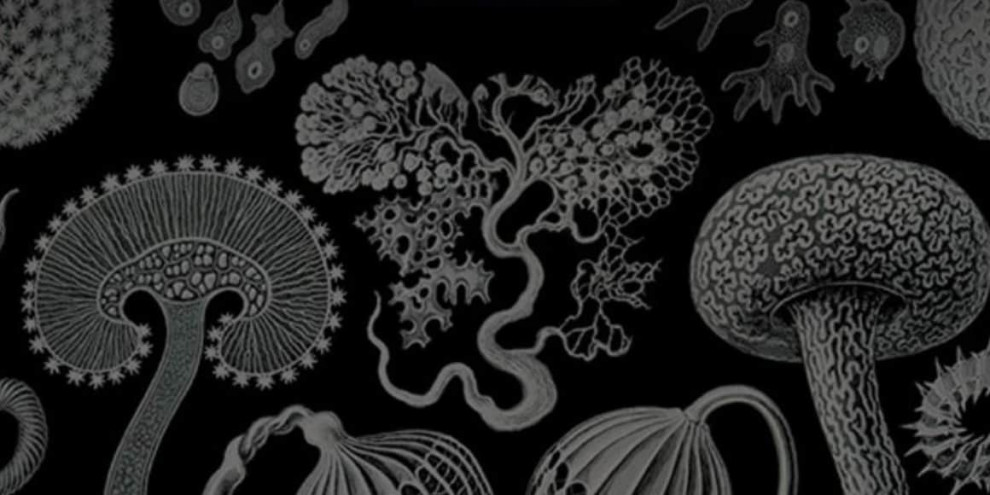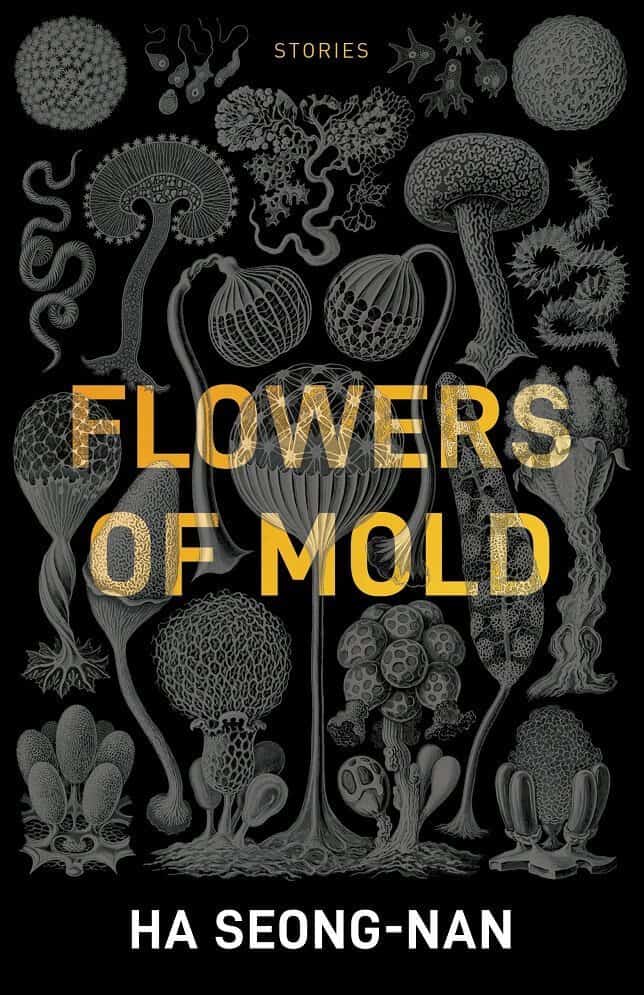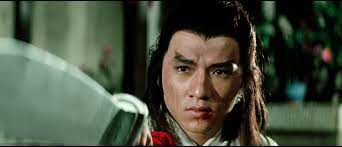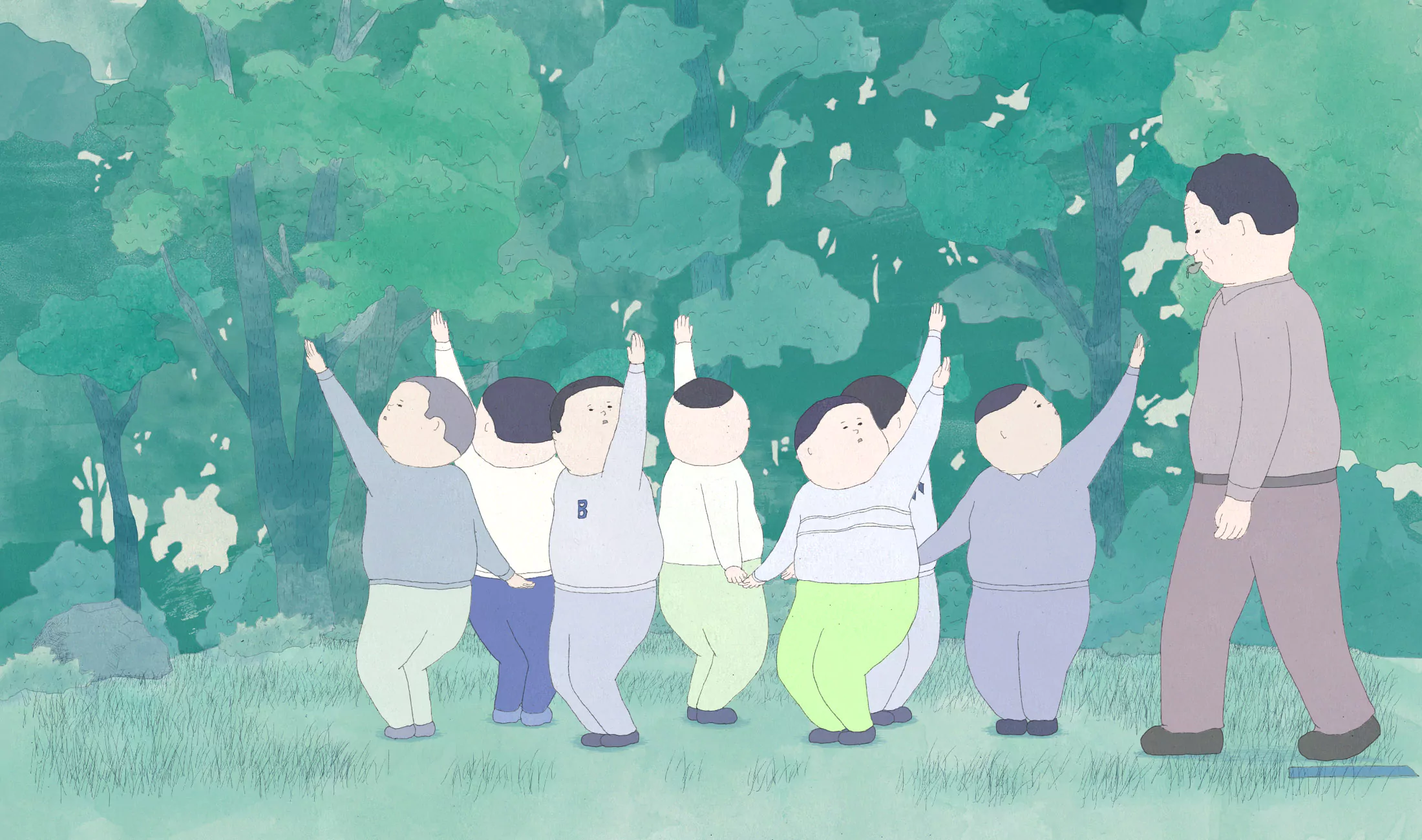Collecting several stories from prominent Korean author Ha Seong-nan, “Flowers of Mold” offers segments that examine the inherent tragedy brought on by our own humanity. From a woman whose memory is fading, to a man who searches for any clue of personality in another's trash bin, these stories offer an insight into the daily life of some familiarly tragic figures.
Buy This Title
“Flowers of Mold” is a novel that is hard to pin down genre wise, although the subject matter is undoubtedly tragic and somewhat horrific, a emotionally disengaged narrative running through the stories does not entirely express the author's intent. As a result, the stories put the emphasis on the reader to determine the degree of tragedy through their own understanding, making for a personalized experience that defies a simple genre definition.
The opening story “Waxen Wings” aptly sets the tone for the following short stories, acting as a good example to further explain the approach Seong-Nan takes. The story relates one girl's childhood dream to be able to fly and how that affected the rest of her life, from her decision to try gymnastics, and eventually learn how to hang glide. Unfortunately for the woman, each of her attempts is met with disappointment or tragedy, reflecting a life of squashed dreams and her desires put into the world coming back unanswered.
Each additional story offers somewhat of a deviation on this concept, but still sees the protagonists missing out or losing something of great importance to them. Underscored by the author's meticulous and emotionally detached descriptions, each tale serves to present a tragic scenario for the reader to interpret. As a result, some of the stories come across as particularly devastating as issues such as family, romance, community, loneliness etc. are all explored, ensuring at least a few tales will uncomfortably lodge themselves into the reader's consciousness.
However, that is not to say that all the stories are consistently poignant, and their placement almost seems to echo this sentiment. Unfortunately the collection begins to lose steam with each entry in both emotional impact and addressing of universal truths (Wanting Love, Comfort, Community). The last few stories feel disconnected from the opening ones, offering specific scenarios with very little exploration beyond the author's own matter of fact approach to the subject material.
This uncomplimentary flow in narrative structure is subject to Ha's fondness for descriptive observations. For example, the titular “Flowers of Mold” describes rotting garbage in such minute and graphically disgusting detail that it adds to the discomfort of the protagonist, reflecting his plight to find human connection in a chaotic world. Adversely, the meticulous descriptive approach becomes tedious in a later entry that focuses on toothpaste, when the climax of the story falls short in offering greater commentary. Thankfully, this sentiment only takes root in the closing three stories, with the seven previous entries having redeeming quality in the themes explored.
“Flowers of Mold” is a really unique experience, which can become soul crushing as stories begin to reflect the reader's fears or insecurities. For those looking to challenge themselves, the stories will explore the darkest corner of their minds, provoking fears and insecurities that are intrinsic to the human experience.
However, it is understandable that this is not an experience for everyone, with myself going in to this title with little knowledge and experiencing a strong reaction to certain stories, leaving me feeling devastated with certain outcomes. Off of the back of my own experience, I can't recommend a title like this enough to those who enjoy challenging narratives focused around tragic scenarios.
















